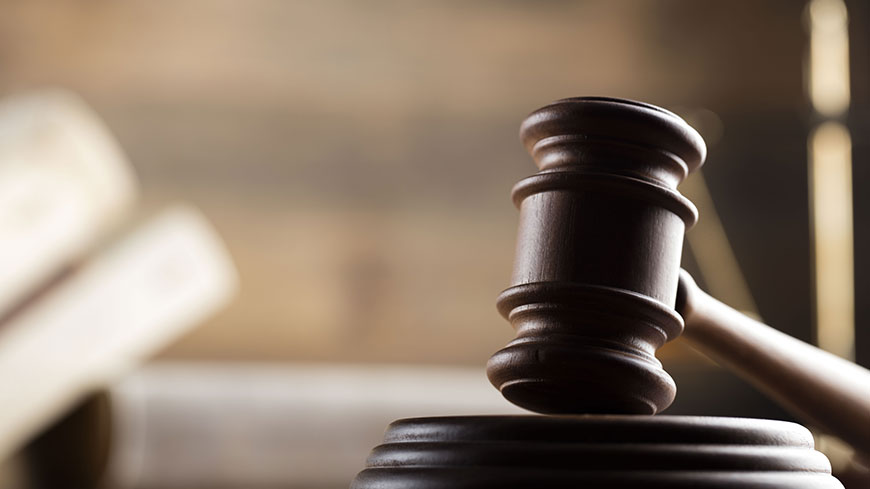The Independent Legal Services Commission has publicly reprimanded lawyer Peter Lowing and fined him $2,000 for professional misconduct, following a finding that he used “rude, aggressive and demeaning language” toward a client a decade ago.
In a sanction delivered on 20 November 2025, Commissioner Justice Daniel Goundar found that Mr. Lowing’s actions during his solicitor-client relationship with Mr. Barry Atkinson between January and June 2015 breached his ethical duties.
The Commission concluded the behaviour “caused emotional distress and a loss of confidence for the client, undermining the integrity of the legal profession and eroding public trust in it.”
In his decision, the Commissioner emphasized the gravity of mistreating a client, stating that such conduct “represents a significant departure from the standards expected” of a legal practitioner and “violated the core values of trust and respectful service.”
The Chief Registrar, representing the regulatory body, had argued that “abusive behaviour directed at a client constitutes an even graver breach of trust and professionalism” than misconduct between colleagues, and submitted that sanctions were necessary to protect the public and uphold the dignity of the profession.
In mitigation, Mr. Lowing, who represented himself expressed “deep regret” and acknowledged his lapse.
He pointed to his decade of unblemished service since the incident, his national honours (CBE, OStJ, OBE), and the “substantial public humiliation” from media coverage as evidence of his rehabilitation and extra-curial punishment.
After considering these factors, the Commission imposed a public reprimand, a $2,000 fine, and ordered Mr. Lowing to reimburse witness expenses of $3,337.50.
He must also provide a written apology to the complainant, Mr. Barry Atkinson, within 21 days.
The Commissioner decided against suspending Mr. Lowing’s practising certificate, citing the 10-year delay in proceedings and his otherwise exemplary record since the misconduct.
The sanctions, the Commissioner noted, are intended to maintain public confidence in the legal profession.



